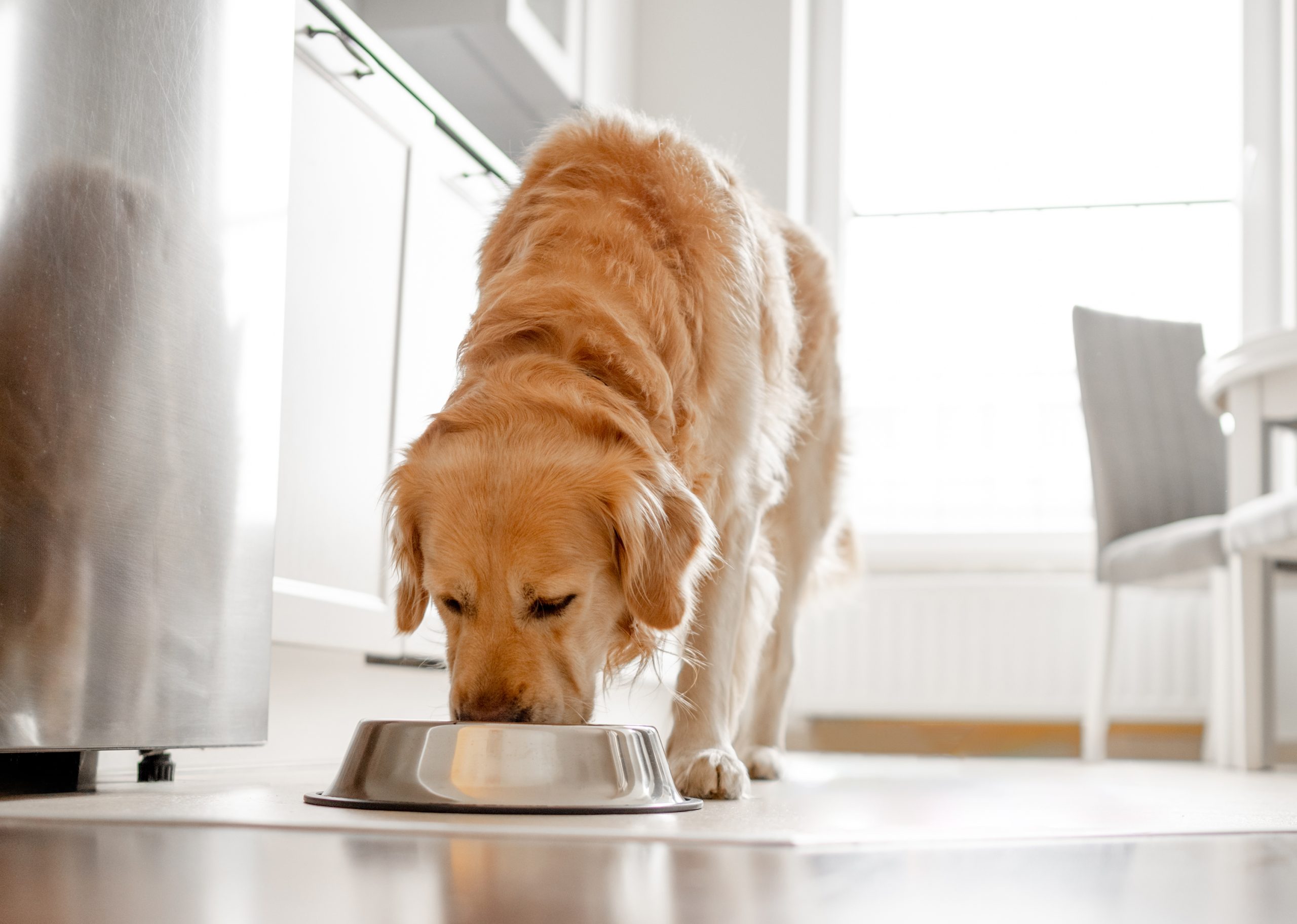Can Dogs Have Pineapple? Fresh, Dry or Canned

Pineapple is one of those tropical fruits that feels like a treat—juicy, sweet, and just a little tangy. And if you’ve ever cut up a few chunks while your pup sat nearby with hopeful eyes, you’ve probably wondered if pineapple is safe to share with your dog. The good news? Yes, dogs can eat pineapple, but there are a few factors to keep in mind to make sure it’s safe and healthy for them.
In this guide, we’ll cover everything you need to know from the benefits and risks to how to prep pineapple for your furry friend. Whether you’re thinking about fresh, canned, dried, or even pink pineapple (yep, that’s a thing!), we’ve got you covered.
Can Dogs Eat A Lot of Pineapple?
Dogs can enjoy pineapple in moderation, as it’s packed with vitamins and nutrients that are good for them, as long as you skip the spiky skin, tough core, and sugary syrups.
The only part that’s safe to feed your pup is the soft, juicy flesh. Always make sure to peel it, remove the core, and cut the pineapple into small, bite-sized pieces. And, with any new treat, start slow by offering only a couple of pieces to see how their tummy handles it.
Why Pineapple Can Be a Healthy Snack for Dogs
Pineapple is a delicious summer snack, and it’s also full of vitamins and nutrients that are good for both humans and dogs.:
- Vitamin C helps boost their immune system.
- Manganese supports healthy bones and metabolism.
- Antioxidants can help fight inflammation and support overall wellness.
- Fiber helps with digestion and can keep things moving smoothly.
- Bromelain, a natural enzyme, may even aid in breaking down proteins, which is great for digestion.
Serving Tips: How to Give Pineapple to Your Dog
Should you decide to offer your dog pineapple as a treat, here’s how to make sure your pup enjoys it safely:
- Go Fresh: Always peel and core the pineapple. The skin and core are tough and hard to digest.
- Cut Small: Dice it into small, manageable pieces to avoid choking.
- Skip the Sugars: If you’re using canned pineapple, make sure it’s packed in water, not syrup, and rinse it first.
- Avoid Dried Pineapple: It’s usually loaded with sugar and preservatives, which are not great for dogs.
- Watch Portions: Pineapple should be a limited portion of your dog’s daily treat intake.
What About Puppies?
When it comes to puppies, you’ll want to be extra cautious. Their digestive systems are still developing, so new foods should be introduced slowly and in very tiny amounts. A little piece here and there is fine, but their main food should still be a complete and balanced puppy diet.
Is Pineapple Ever Dangerous?
Pineapple is safe when served properly, but there are a few things to avoid:
- The core is too tough and hard to digest.
- The skin and crown can cause blockages or injury.
- Added sugars or preservatives (like in canned or dried pineapple) are a no-go.
- Too much fruit can lead to loose stools or upset stomach.
Can Dogs Eat Pink Pineapple?
Pink pineapple is pretty new and trendy, and it’s safe for dogs if it’s fresh and prepped the same way as regular pineapple. Make sure there aren’t any additives or weird flavorings, and you’re good to go!
How Can Pet Insurance Help You if Your Dog Needs Treatment?
Pet insurance can be a valuable tool in managing the costs of treating a dog’s veterinary expenses. By having a pet insurance policy in place, you can have peace of mind knowing that you can provide medical care for your furry companion without worrying about the financial burden. Pet insurance can help cover the costs of veterinary consultations, diagnostic tests, medications, and even specialized treatments if required.
Reimbursement
This method is the most common for pet insurance companies. You pay out of pocket for the veterinarian bill, and then the insurance company reimburses you for what’s covered under the insurance plan. The steps look like this.
- You pay the vet bill after your dog’s visit.
- You fill out the pet insurance claim form.
- Submit the claim form and other required documentation to the insurer.
- After the claim is approved, you will be reimbursed for eligible expenses.
-
What Does Odie Pet Insurance Cover?
Pet insurance covers various veterinary expenses, providing financial protection and peace of mind for pet owners. Here are the details of the coverage options offered by Odie Pet Insurance:
Illness & Injury Plan
The Illness & Injury Plan is an all-inclusive insurance plan designed to cover a wide range of medical needs for your pet. This plan includes comprehensive coverage for various illnesses, injuries, and veterinary services. Some of the covered items include:
- Veterinary exams and consultations
- Diagnostics (e.g., X-rays, lab tests)
- Prescribed medications
- Surgeries and hospitalization
- Rehabilitation, acupuncture, or chiropractic treatments
- Medically necessary supplies
- Euthanasia and cremation
The Wellness Plan
The Wellness Plan is a monthly membership that focuses on preventive care and covers routine veterinary services.
- Provides reimbursements for routine care items such as wellness visits (exams and vaccines), testing and parasite prevention, dental cleanings and at-home dental care, vitamins, supplements, and more.
- Through Odie’s partnership with Petivity, a leader in smart pet products and proactive care, Wellness Plan members can also receive reimbursements for Petivity devices and health kits, as well as eligible Purina food and supplements.
- Total reimbursement up to $700 per year.




